"It was an immense slaughter, greater than had ever occurred in any former naval action. Thus the river was filled with dead bodies." As winter fell in AD 386, the Eastern Roman Empire found itself in a position of delicately-balanced stability. The Gothic War had ended four years prior, thanks to a peace deal that granted the Goths Roman lands in the northern parts of the Diocese of Thracia on which to settle and farm. In return for this, their fighting men were to muster for imperial military service if and when Emperor Theodosius called upon them. This system of gradual cultural integration and laying aside of old grievances was only just beginning to settle into place. So, the last thing Emperor Theodosius needed was for a huge host of erstwhile unknown Goths to descend from the north and appear at the River Danube, demanding entry into the empire. The early Byzantine century historian, Zosimus, is our main source for the sequence of events. "Odotheus, who had levied an immense army, not only among the nations upon the River Danubius, but among others situated in unknown countries at a great distance, which he was then leading to the river." The new Gothic arrivals, under their king or high chieftain, Odotheus (or Aedotheus, as Zosimus names him), arrived at the river's northern banks in their multitides. The Roman legions, under the command of General Promotus, were hastily marched to and arrayed along the southern banks. The Goths then proceeded to petition the Romans for permission to cross the river - in this era unbridged - onto Roman soil. Odotheus impelled the Romans from the far banks, arguing that he and his followers had no choice but to seek new homes in the empire - for if they were to remain in the wild north, they would surely fall inder the yoke of the ever-more powerful Huns. Yet the Eastern Empire could not simply open up to such a mass of newcomers: a new immigration of this scale so soon after the Gothic War (which itself had been caused by a the poorly-handled immigration of 376 AD) could have wrecked the whole framework of cooperation. On Odotheus argued for permission to cross... with the tacit threat of invasion if this was refused. The Roman response finally came one moonless night. Taking advantage of the poor visibility, General Promotus secretly sent Gothic-speaking Roman agents across the river to bribe Odotheus’ noblemen, asking them to convince their chieftain of a false situation: that the Roman watch was lax this night and that he should seize this opportunity to try to force his way across immediately. Yes, the agents argued, it would mean defeat and death for their leader, Odotheus. But the noblemen were also assured that, after the action, the empire would recognise them as the new leaders of the tribes. The nobles accepted the bribe and approached Odotheus. He took the bait, rallying his people and, in the dead of night, in almost complete darkness, setting across the river in a huge flotilla of crafts. The late 4th century AD poet, Claudian, describes their fleet as 'three thousand vessels strong'. They must have felt invincible. When they reached midriver, everything changed. The Roman watch was anything but lax. General Promotus, lying in wait, sprung his trap. A fleet of Roman galleys, three tiers deep and twenty stadia wide, came speeding out to assault them. As Zosimus describes it: "The night being dark and without a moon, the Barbarians were unacquainted with the preparations which the Romans had made, and therefore embarked with great silence, supposing the Romans to be ignorant of their design. When the signal was made, the Romans sailed up to them in large and strong ships with firm oars, and sunk all that they met, among which not one man was saved by swimming, their arms being very heavy." Zosimus describes how "Promotus then sent for Emperor Theodosius, who was not far from thence, to witness his brave exploit". This implies that the Eastern Emperor was somewhere close to, or even in the Roman camp, but that he might not have been fully aware of Promotus’ ruse. When Theodosius arrived on the scene of this one-sided this slaughter, it seems that he was horrified rather than impressed. More, he realised that it might forever make enemies of these new Goths and alienate and trigger revolt in those already settled in his lands by the 382 peace deal. Accounts suggest he not only called off the assault, but also waded into the shallows to help the wounded Goths ashore. Apocryphal, probably, but a striking image nonetheless. Fraught as the whole incident had been, it was, nonetheless, a victory for the Eastern Empire. And there was more good news to follow: the tense talks that had for several years been rumbling between the empire and Persia about the division of Armenia was finally agreed, ending the air of uncertainty on that eastern flank. Harmony in the East, stability in the north. And with the Western Roman Empire by its side, the East would find no trouble in that direction... ...until Magnus Maximus arrived on the scene - read all about the momentous history that folowed here!
0 Comments
Leave a Reply. |
AuthorGordon Doherty: writer, history fan, explorer. My Latest BookArchives
March 2023
Categories |
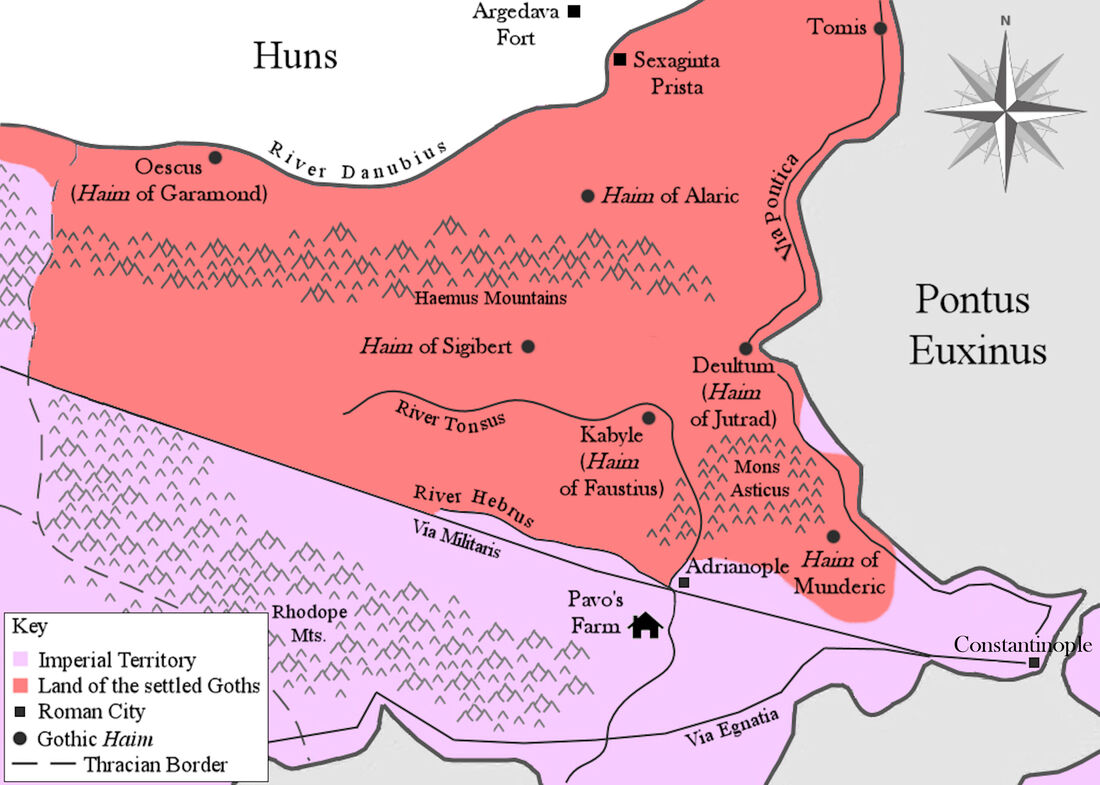
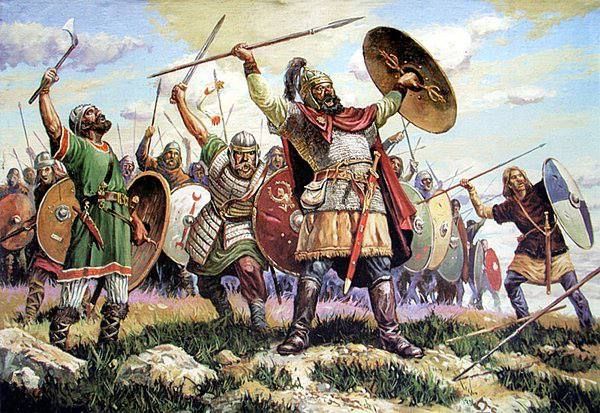
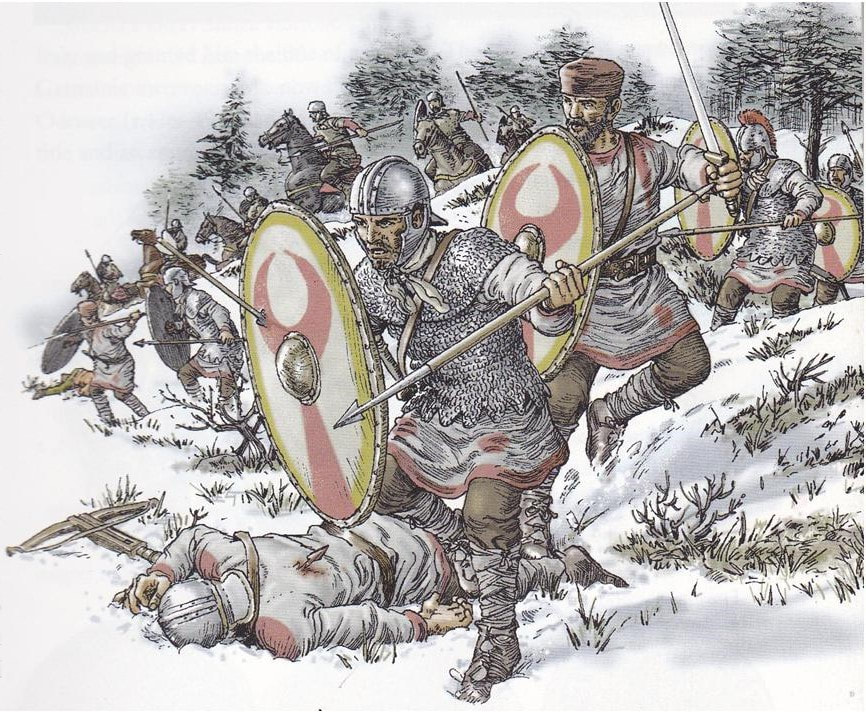
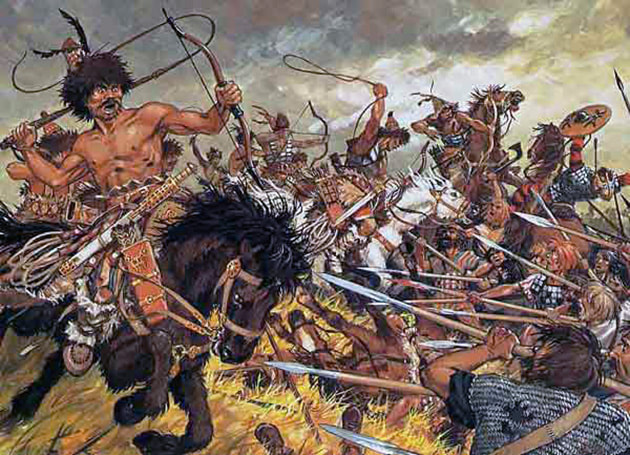
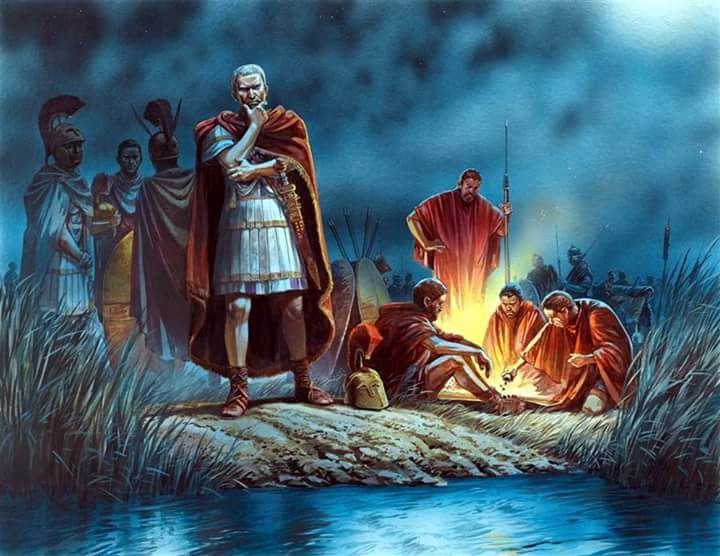
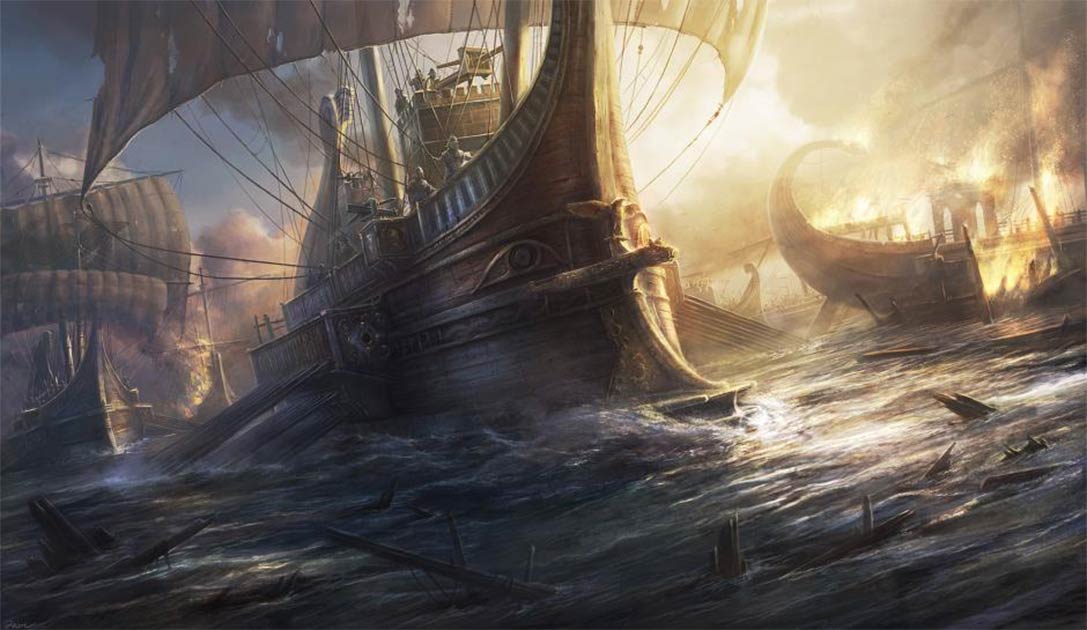
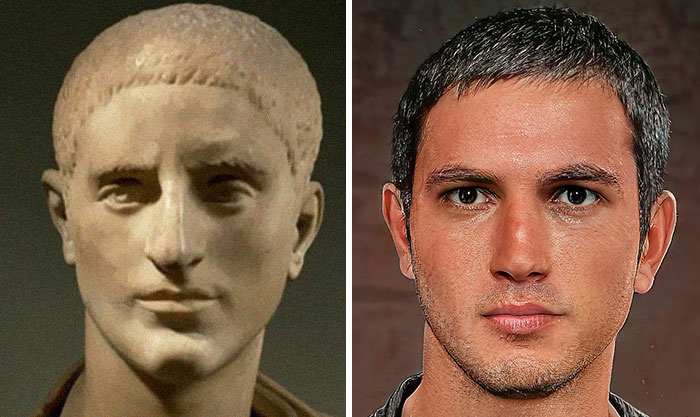




 RSS Feed
RSS Feed